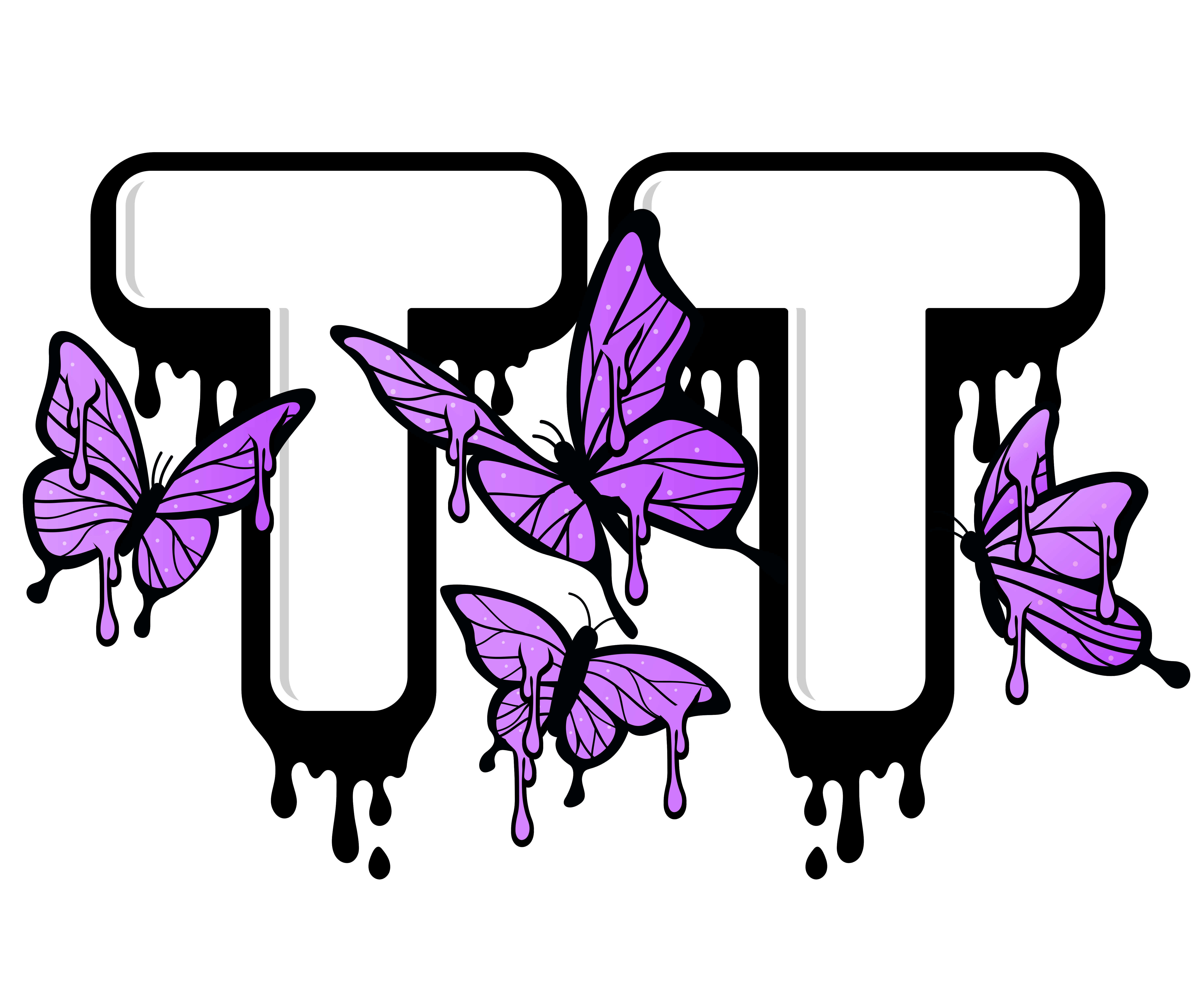In the digital age that we are in right now, the conversation around free expression is more complex then ever before. Each sector, from big tech to governments, plays a huge role in shaping what free expression is and will continue to be. Let’s dive into the challenges, opportunities and solutions that each sector has.
Private Internet Companies
Social media platforms and other similar tech companies have transformed into the hub of public communication. The Techdirt article and the Knight First Amendment Institute essay showcase a critical challenge they face: how to balance the freedom of speech with the need to curb harmful content. It’s a thin line to walk between enabling open communication and dialogue while preventing the spread of harmful misinformation and hate speech. Platforms like Facebook/Meta have established solutions such as the Oversight Board advisory to address content moderation dilemmas, illustrating an attempt to balance harm mitigation with free speech.
What to Do? These companies must aim for transparency and fairness in content moderation. Just like the Oversight Board is trying to show with Facebook/Meta, having clear rules and a fair appeals process can help. It’s about finding that perfect balance where voices aren’t being stifled but the community is still safe.
Government and Policymaking
Governments hold arguably the most power over free expression through legislation. On one hand, they can lay down the law to protect our right to speak freely. While on the other, they can get a bit too restrictive. Initiatives like the proposed UN Cybercrime Convention is an example of how a good intentioned effort to protect us can turn into a movement that actually stifles the very voices it aims to defend. And there are laws like they’ve tried to pass in Arizona, criminalizing the filming of police that demonstrate how legislative actions can simply go too far and infringe on free speech rights.
What to do? Policymakers should ensure that laws are aligned with international human rights standards, prioritizing transparency, accountability, and the protection of free expression. Legislation and regulations should be very precise and avoid broad or vague terms that could be used to suppress the critics.
Civil Society and Third-Party Researchers
Civil society organizations as well as researchers play a big role in advocating for free expression and holding both the governments and private companies accountable. Their analyses and advocacy challenge the policies and practices that threaten free speech, and they can be the voice for those who wouldn’t otherwise be heard. Getting the data needed to make their case or even getting platforms and policymakers to take their calls can be a difficult task and they risk becoming targets themselves. But as the Oversight Board’s efforts show, it’s not just about calling out the bad stuff. It’s also about making real suggestions towards better ways and engaging with platforms and policymakers to come up with rules that respect free expression while protecting against harm.
What to do? More collaboration and open dialogue between platforms, researchers, and civil society can increase the effectiveness of advocacy efforts. These groups should use their knowledge to influence policy changes, educate the public, and provide their oversight of both government and corporate practices that affect our free expression.
Media and the News Industry
The media is at the very front of the free expression battle it is essential for relaying information and keeping things in check. But they face many threats that can range from legal battles to physical violence and attacks. The media’s battle is made even more difficult by state led efforts to control and influence media narratives. As Foreign Affairs points out, the war on free speech isn’t just about censorship, it’s also about the more subtle pressures that can influence how stories are told or which stories get told at all.
What to do? Media organizations need to keep up high journalistic standards, advocating for press freedoms and resisting attempts at censorship. They need to support journalists through legal defense funds, ensuring there are a diversity of voices in the media and that they are protected even when they are under attack.
The protection of free expression in our digital age is obviously a shared responsibility. From tech companies to governments, and from civil society to the media, each sector has a role to play. By embracing better transparency, more accountability, and more collaboration, we can protect this right.
